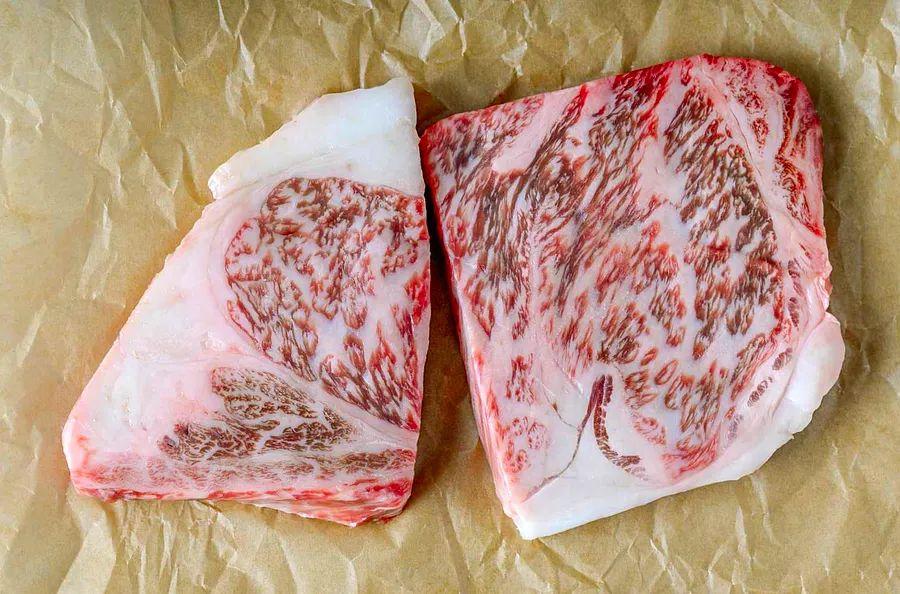Kobe vs. Wagyu Beef: What's the Real Difference?

Kobe or not Kobe, that is the dilemma. The world of Kobe beef can be perplexing for many. While often used as catch-all terms for premium beef, Wagyu and Kobe have distinct origins and certifications that set them apart.
What Is Wagyu Beef?
The term "Wagyu" encompasses four specific breeds of Japanese cattle: Japanese Black, Japanese Brown, Japanese Poll, and Japanese Shorthorn, according to the Kobe Beef Marketing and Distribution Promotion Association. The name "Wagyu" translates to "Japanese cattle" and is renowned for its exceptional flavor, quality, and tenderness, due to the intricate marbling of fat within the meat.
What Is Kobe Beef?
Kobe beef is a specific type of Wagyu from the Tajima strain of Japanese Black cattle ("Tajima-gyu"). These cattle are raised exclusively in Japan's Hyogo Prefecture, with the city of Kobe as its capital, hence the name. While all Kobe beef is technically Wagyu, not all Wagyu beef qualifies as Kobe.
Kobe beef gained international fame in the 1980s and 90s, becoming synonymous with the finest beef available. To protect and promote the Kobe brand, the Kobe Beef Marketing and Distribution Promotion Association was established in 1983, aiming to clarify misconceptions and safeguard the reputation of authentic Kobe beef.
Where To Find Kobe Beef
In the United States, a specific list of restaurants offers certified Kobe beef, as endorsed by the Kobe Beef Association. Though only a select few establishments offer the genuine article, many restaurants mistakenly use the term Kobe to describe premium beef or other types of Wagyu. Always verify the authenticity through the official list before paying a premium for "Kobe beef."
What About American Wagyu?
A popular variation of Kobe-style beef is "wangus," a hybrid of domestically raised Wagyu and Angus cattle in the U.S. While it's debatable whether this qualifies as true Kobe, wangus has gained popularity for being a tasty and more affordable alternative to authentic Japanese beef. Don Roden, owner of The Organic Butcher, shares, "American Wagyu is a highly attractive product that offers a completely different culinary experience compared to typical domestic beef. Many ranchers are crossing Wagyu with Angus to produce premium cuts that finish faster and offer larger sizes."
For those seeking a Kobe-like experience, Roden recommends A5 Miyazaki Japanese Beef. The 'A5' grade signifies a high level of marbling, resulting in a rich, tender texture. Whether you're a consumer or a home chef, Roden suggests cooking marbled beef fully through in a cast-iron pan for the best results. He explains, "Though I usually prefer my steaks rare, I discovered that A5 beef, with its intense marbling, tastes even better when cooked all the way through, enhancing its tenderness and flavor."
If you're craving an exceptionally tender and fatty cut of beef, both Kobe and Wagyu are top-tier choices. Just be sure to verify the origins and authenticity of what you're purchasing from your butcher or restaurant to ensure you're getting the real deal.
Evaluation :
5/5



